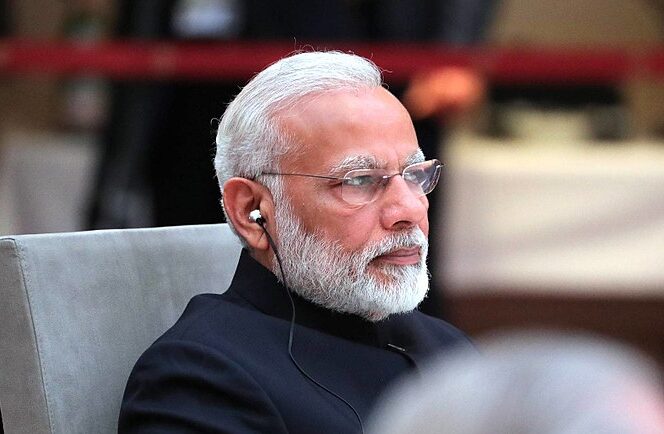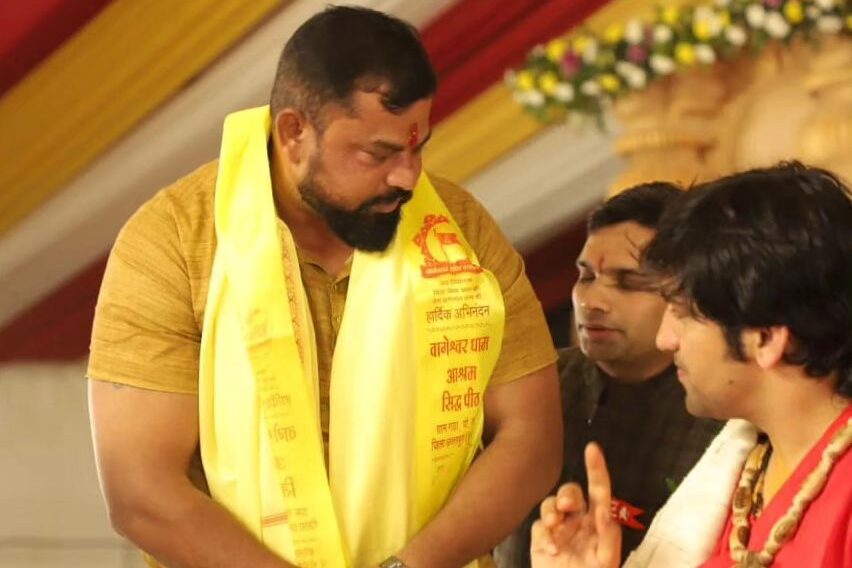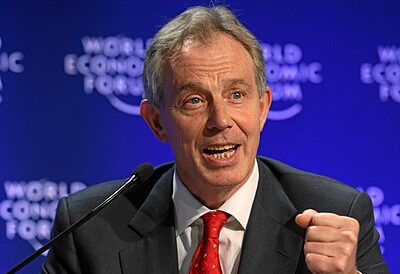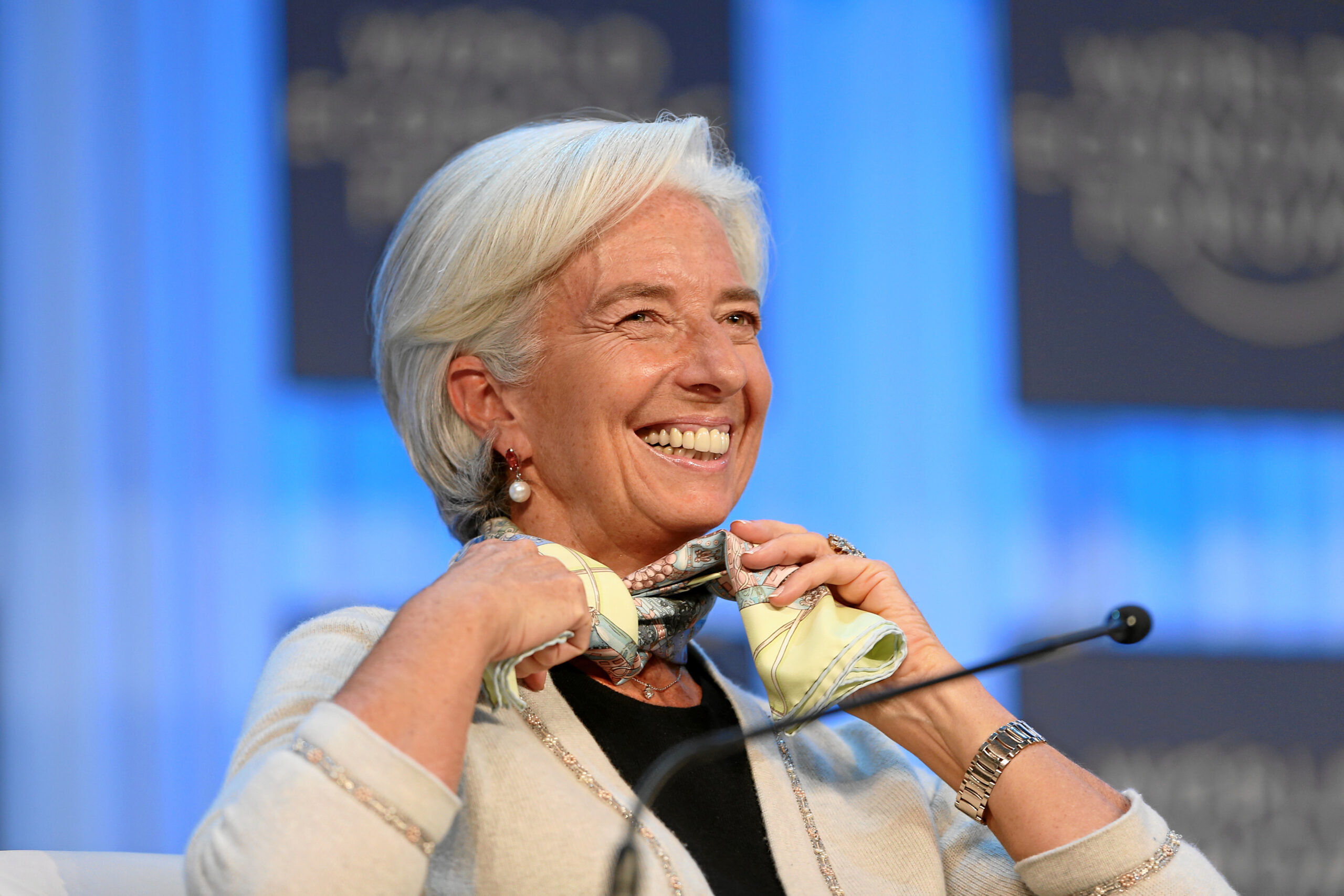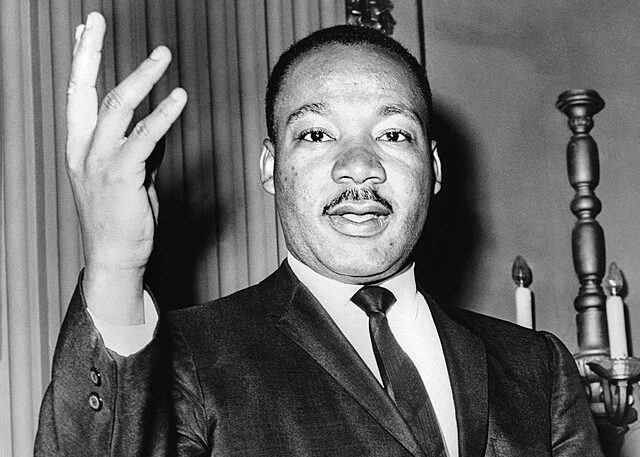Narendra Modi, the 14th Prime Minister of India, has traversed a politically charged and controversial path throughout his decades-long life and career. From his early affiliation with the Rashtriya Swayamsevak Sangh (RSS) to his ascent as Chief Minister of Gujarat and, subsequently, as the Prime Minister of India, Modi’s journey has garnered both fervent supporters and vehement critics. In the following account, we delve into the key controversies that have enveloped Narendra Modi over the course of his life and tenure in the political arena.
Early Life and Association with RSS: Born on September 17, 1950, in Vadnagar, Gujarat, Narendra Modi found his early calling as an active participant in the RSS, where he imbibed its ideology that would later shape his political convictions and path of public service.
Role in the Gujarat Riots: Among the most notable controversies shadowing Narendra Modi is the accusation of his involvement in the 2002 Gujarat riots. Following the Godhra train burning incident, communal violence erupted, resulting in the tragic loss of thousands of lives, predominantly among the Muslim community. Detractors have accused Modi, who held the position of Chief Minister during that period, of insufficiently quelling the violence and even condoning the riots. Nevertheless, Modi and his supporters staunchly repudiate these allegations, pointing to multiple investigations that exonerated him of direct complicity.
Response to the 2002 Riots: Modi’s handling of the aftermath of the 2002 riots has sparked impassioned debate. While some commend his efforts in revitalizing Gujarat and fostering economic development, others contend that he failed to adequately protect vulnerable communities and ensure justice for the riot victims.
Polarizing Figure and Hindutva Politics: Throughout his political career, Modi has evoked both fervent devotion from his base and scathing criticism from his adversaries, emerging as a polarizing figure. His alignment with Hindutva politics and association with the Bharatiya Janata Party (BJP), known for its nationalist and right-wing ideology, have propelled his popularity as well as his contentious standing.
Criticism of Media and Freedom of Press: Modi’s government has encountered censure for its stance on media freedom and its treatment of journalists critical of its policies. Some media outlets have accused the government of exerting pressure on them, impinging on press independence, and stifling dissenting voices.
Economic Policies and Demonetization: Modi’s economic strategies, including the controversial demonetization initiative in 2016, have provoked extensive debate. While demonetization aimed to curb black money and corruption, its repercussions on the economy and the inconvenience faced by the public drew significant attention.
Handling of Kashmir and Security Policies: Modi’s approach to managing the situation in Jammu and Kashmir has come under scrutiny, particularly following the revocation of the region’s special status in 2019. Critics contend that the government’s actions have resulted in heightened security measures and curtailed civil liberties in the region.
Foreign Policy and Diplomacy: Modi’s foreign policy pursuits have encompassed both assertiveness and engagement. While he has successfully bolstered India’s relations with various nations and emerged as a global leader, certain decisions have raised concerns among critics regarding their implications on India’s international standing.
Digital India and Aadhaar Controversy: Modi’s ambitious Digital India initiative sought to empower the country through digital means and foster a knowledge-based economy. However, the government’s advocacy for Aadhaar, a biometric identification system, encountered legal challenges pertaining to privacy and data security concerns.
Citizenship Amendment Act (CAA) and National Register of Citizens (NRC): The introduction of the CAA and NRC by the Modi government has triggered widespread protests across India. Critics argue that these policies are discriminatory and could potentially render millions of individuals stateless.
Despite the controversies encircling Narendra Modi, he remains a charismatic and influential leader with a steadfast support base. His policies and decisions have profoundly influenced India’s socio-political landscape, steering the nation in consequential directions. As his tenure endures, the controversies surrounding him are likely to endure as well, as he navigates the intricate challenges of governing a diverse and vibrant nation.
